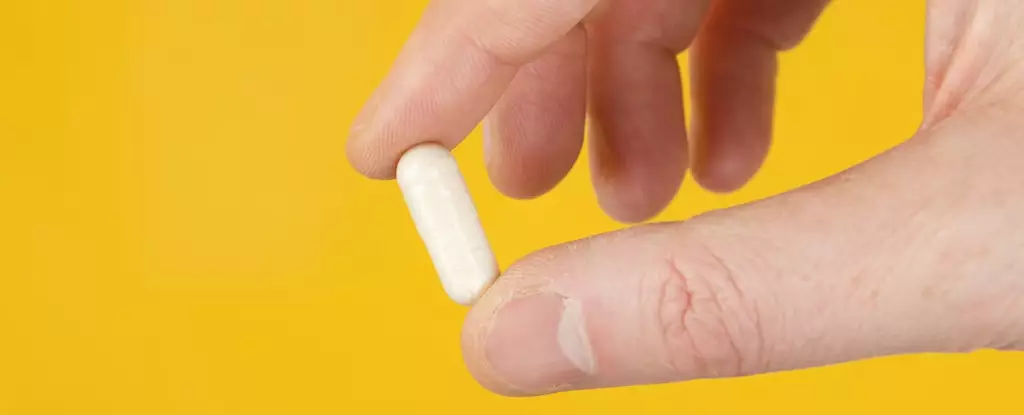The placebo effect has long been a source of fascination in the field of psychology. The idea that taking a sugar pill with no active medical ingredients can lead to real physiological and psychological changes is both intriguing and puzzling. Recent research has shown that the placebo effect can be harnessed as a simple and effective way to reduce stress levels, even when individuals are fully aware that they are taking a placebo.
A study conducted by psychologists at Michigan State University involved 64 participants who reported experiencing prolonged stress during the COVID-19 pandemic. The participants were divided into two groups – one group was given a placebo in the form of inert plant fiber pills, while the other group received no treatment at all. Surprisingly, even though the participants in the placebo group knew they were taking pills with no active ingredients, they still experienced a decrease in stress, anxiety, and depression compared to the no-treatment group.
The findings of this study suggest that non-deceptive placebos could be a valuable tool in managing stress and preventing individuals from developing more severe mental health conditions. In a world where access to traditional mental health services may be limited, the use of placebos could provide a scalable and cost-effective alternative for individuals struggling with mental health concerns.
While the exact mechanisms behind the placebo effect are not fully understood, researchers speculate that factors such as implicit expectations, conditioning from prior experiences with active treatment, and embodied cognition may play a role. The ability of placebos to elicit real changes in emotional well-being, even when individuals are aware of their true nature, highlights the complex interplay between the mind and body.
Despite the promising results of this study, researchers caution that more extensive research is needed to confirm the therapeutic value of placebos in reducing stress and improving mental health outcomes. While placebos may be useful as controls in clinical trials to eliminate biases, their effectiveness as standalone treatments requires further investigation.
The placebo effect continues to defy expectations and challenge our understanding of the mind-body connection. The ability of placebos to alleviate stress and improve emotional well-being, even in the absence of active ingredients, opens up new possibilities for the treatment of mental health conditions. As researchers continue to explore the potential benefits of non-deceptive placebos, we may discover novel ways to support individuals experiencing stress and anxiety in an increasingly challenging world.

